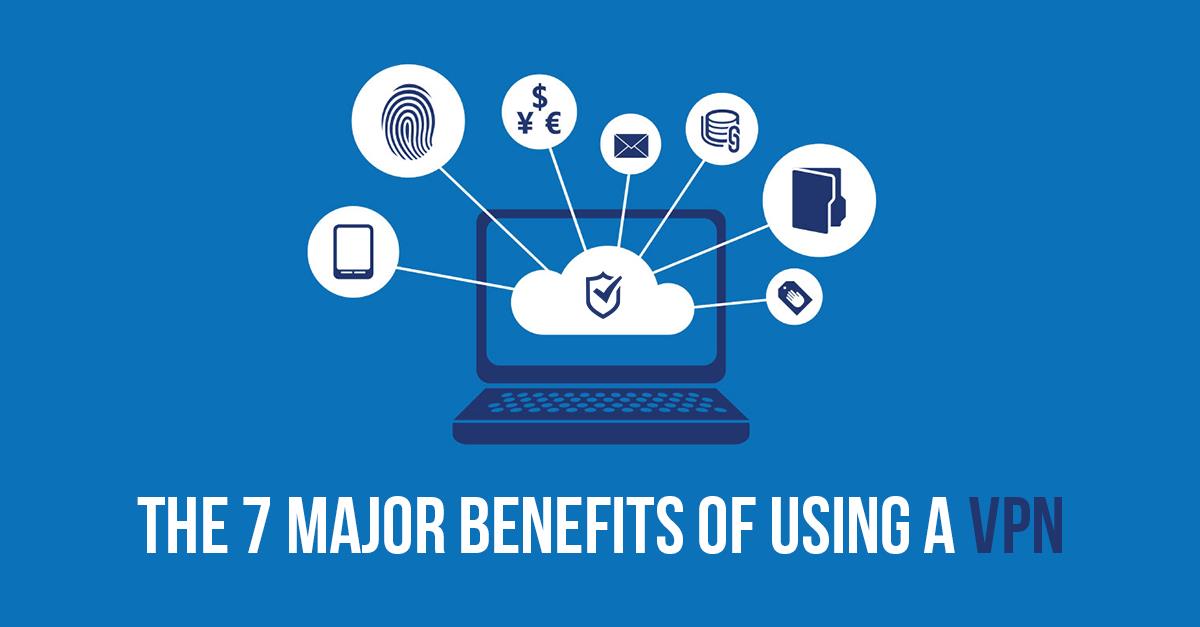The Benefits of Using a VPN
Enhanced Online Security and Privacy
A Virtual Private Network (VPN) offers a multitude of benefits, with enhanced online security and privacy being at the forefront. By using a VPN, your internet connection is encrypted, ensuring that your data remains secure and protected from potential hackers or malicious actors.
Anonymous Browsing
Another significant advantage of using a VPN is the ability to browse the internet anonymously. When you connect to a VPN server, your IP address is masked, making it difficult for websites, advertisers, or even your Internet Service Provider (ISP) to track your online activities. This anonymity provides you with an added layer of privacy and prevents unwanted tracking or profiling.
Access to Geo-Restricted Content
A VPN allows you to bypass geo-restrictions and access content that may be restricted in your region. By connecting to a server located in a different country, you can appear as if you are browsing from that location. This feature is particularly useful when accessing streaming platforms, such as Netflix or Hulu, which may have different content libraries based on geographical regions.
Secure Remote Access
For individuals who frequently work remotely or need to access sensitive information over public Wi-Fi networks, a VPN provides a secure solution. By using a VPN, your data is encrypted, ensuring that even if the network you are connected to is compromised, your information remains protected. This feature is especially important when accessing confidential work documents or conducting online transactions.
Bypassing Censorship
In certain countries or regions where internet censorship is prevalent, a VPN can be a valuable tool to bypass such restrictions. By connecting to a VPN server located in a country with unrestricted internet access, you can circumvent censorship and access the internet freely. This can be particularly beneficial for individuals living in countries with strict online regulations.
Preventing Bandwidth Throttling
Internet Service Providers sometimes engage in bandwidth throttling, intentionally slowing down certain types of internet traffic. By using a VPN, you can prevent your ISP from throttling your connection, as your data is encrypted and hidden from their view. This can result in faster and more consistent internet speeds, especially when streaming or downloading large files.

Using a VPN offers a wide range of benefits, including enhanced online security, anonymous browsing, access to geo-restricted content, secure remote access, bypassing censorship, and preventing bandwidth throttling. By taking advantage of these benefits, you can enjoy a safer and more unrestricted online experience.
VPN Benefits FAQs
1. What is a VPN and why should I use it?
A VPN (Virtual Private Network) is a secure connection that encrypts your internet traffic, providing privacy and anonymity online. It offers several benefits, including:
Protection of your sensitive data from hackers and cybercriminals.
Access to geo-restricted content, such as streaming services and websites.
Bypassing internet censorship and restrictions imposed by governments or organizations.
Securely connecting to public Wi-Fi networks and preventing eavesdropping.
2. Can a VPN hide my online activities from my ISP?
Yes, a VPN can hide your online activities from your Internet Service Provider (ISP). By encrypting your internet traffic, the VPN prevents your ISP from monitoring or tracking your browsing habits, ensuring your privacy.
3. Are there any benefits of using a VPN for online banking?
Absolutely! When using a VPN for online banking, your data is encrypted, making it extremely difficult for hackers to intercept your sensitive information. This adds an extra layer of security, protecting your financial transactions from potential threats.
4. Will a VPN slow down my internet connection?
While a VPN may slightly decrease your internet speed due to the encryption process, the impact is usually minimal and depends on various factors such as the VPN server location and your internet connection speed. High-quality VPN providers strive to minimize any noticeable slowdown.
5. Can a VPN bypass region-based content restrictions?
Yes, one of the main benefits of using a VPN is the ability to bypass region-based content restrictions. By connecting to a VPN server in a specific country, you can access content that is otherwise restricted or unavailable in your current location.
6. Are VPNs legal to use?
Yes, VPNs are legal to use in most countries. However, it’s important to note that using a VPN for illegal activities is still prohibited. Always comply with the laws and regulations of your country when using a VPN.
7. Can I use a VPN on my mobile devices?
Absolutely! Most VPN providers offer dedicated apps for various mobile platforms, including iOS and Android. You can easily install and use a VPN on your smartphones or tablets to secure your internet connection on the go.
8. Do VPNs work with all internet-connected devices?
VPNs are compatible with a wide range of devices, including computers, smartphones, tablets, gaming consoles, smart TVs, and routers. However, it’s always recommended to check if your specific device supports VPN connections.
9. Are there any risks associated with using a VPN?
While VPNs provide enhanced security and privacy, it’s important to choose a reputable VPN provider. Some risks associated with using unreliable VPN services include potential data leaks, logging of your activities, or even malware distribution. Research and select a trusted VPN provider to mitigate these risks.
10. Can I use a free VPN instead of a paid one?
While free VPNs may seem attractive, they often come with limitations, such as data caps, slower speeds, and fewer server options. Additionally, some free VPN providers may sell your data or display intrusive ads. For better performance, security, and reliability, it’s generally recommended to opt for a paid VPN service.




